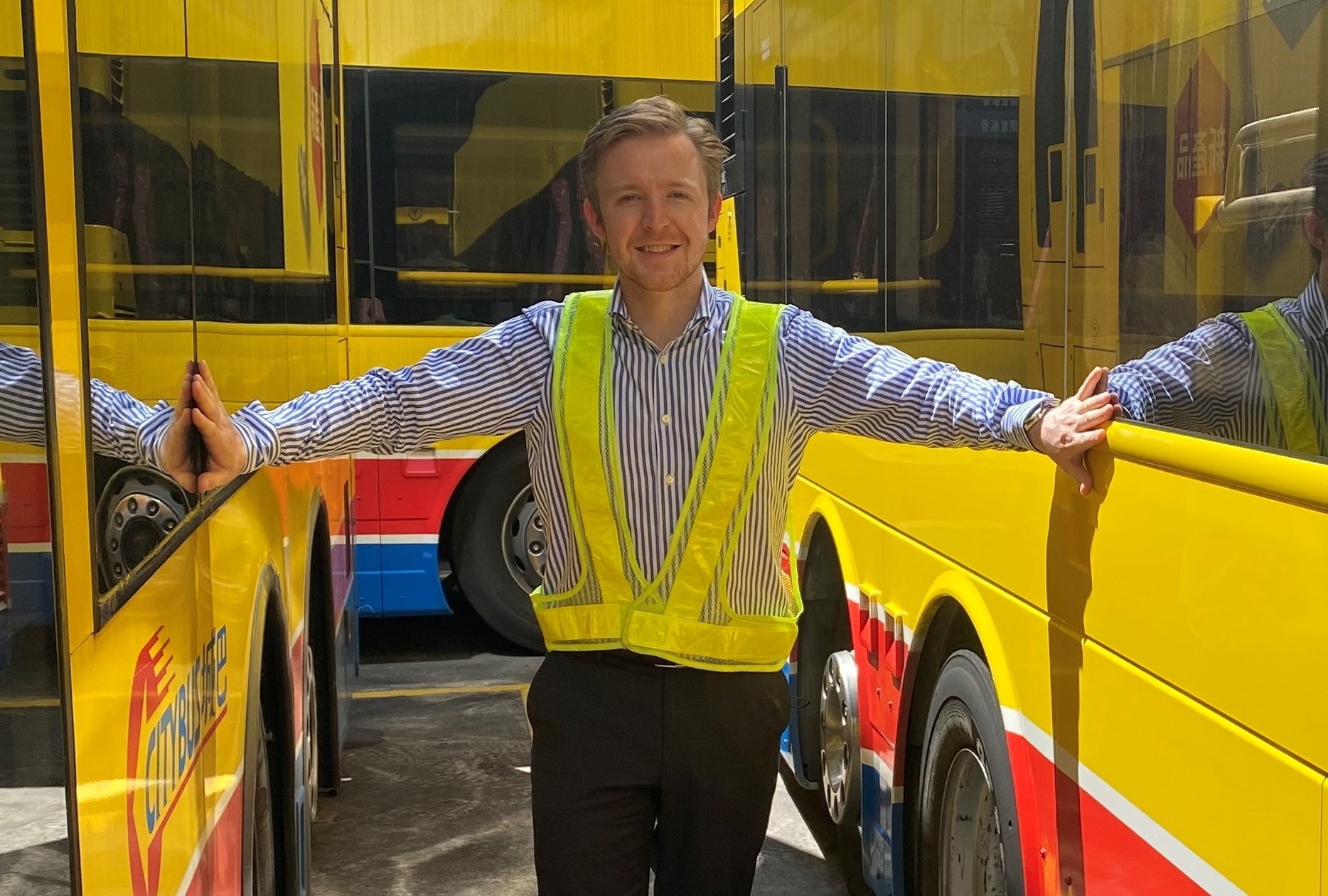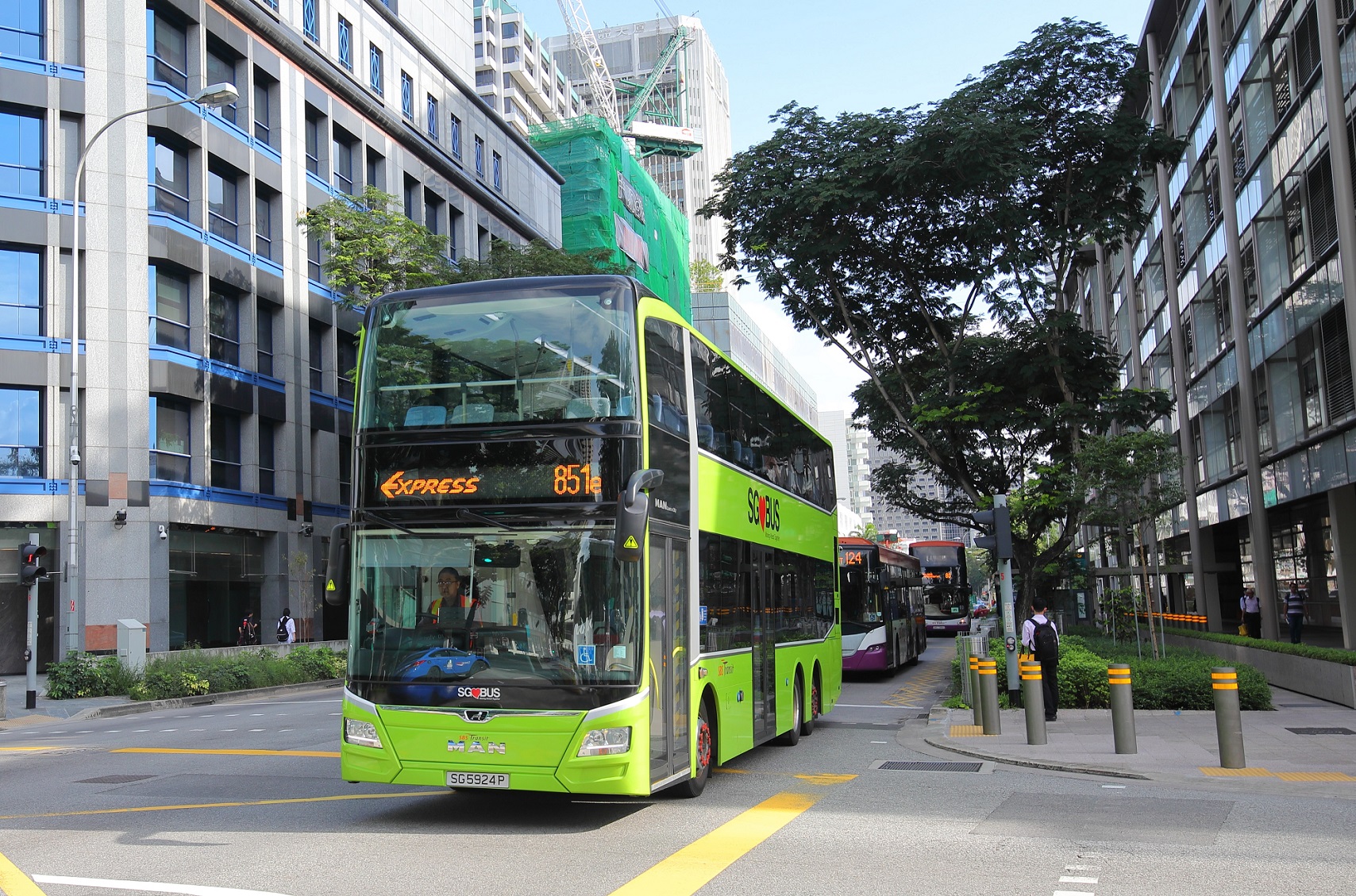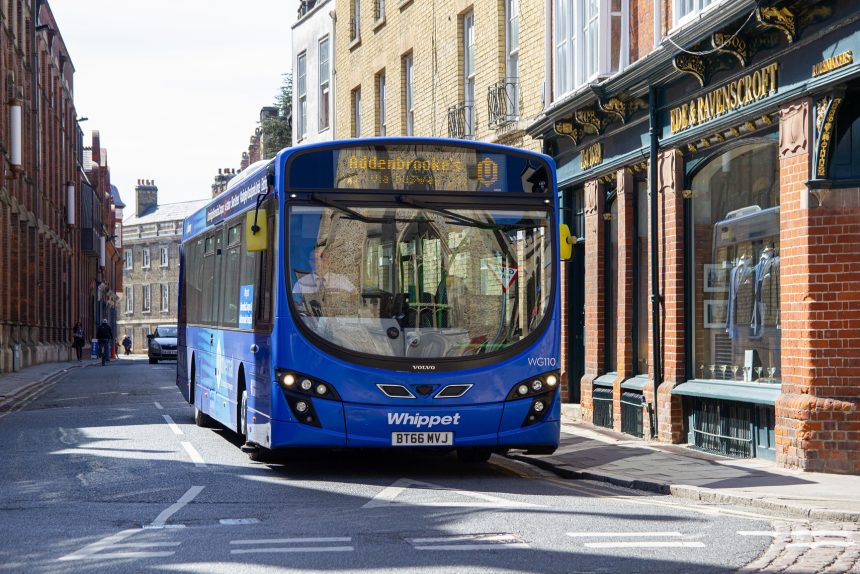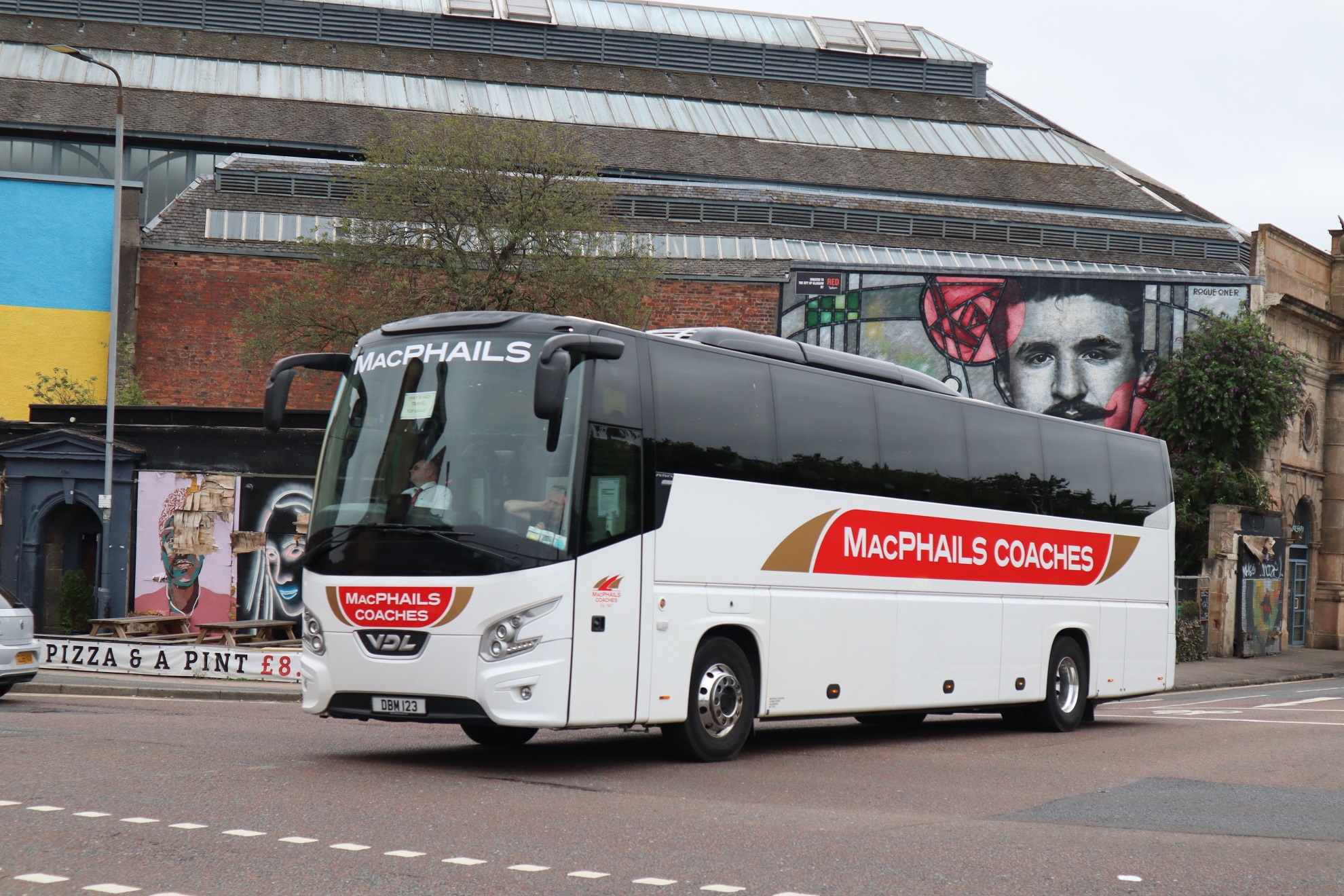Bus franchising has major scope to improve services and grow local markets if it is implemented and funded appropriately, newly-appointed Ascendal Group Managing Director, UK Jonathan Ziebart has said.
He has also called for more focus on hydrogen as a route to zero-emission and, ultimately, decarbonisation of coach and bus. However, Mr Ziebart highlights how modal shift to public transport has much greater scope to reduce overall emissions than the introduction of more zero-emission vehicles, outlining a belief that such behaviour change can be tied in with bus reregulation to drive demand.
“There needs to be a lot more attention on modal shift,” he explains. “It can have a much bigger impact on air quality and the environment than zero-emission fleets, although both have their place.”
Mr Ziebart was named MD, UK by Ascendal in August. Alongside that position he maintains Business Development Director responsibilities for the group, which has significant involvement in other regions.

Although some bus operators have historically opposed franchising, he points to more recent work in Greater Manchester. A number of those businesses are now involved in rollout of the first and second tranches of reregulation.
In Whippet, Ascendal’s UK bus operations are in Cambridgeshire’s deregulated market, although the local authority (LA) there has not shied away from an interest in franchising. Rural buses in particular could benefit greatly from a properly-funded regulated network, Mr Ziebart believes. He points out that for such services, investing from a wholly commercial standpoint is difficult.
Eyes now on Merseyside and Wales, says Ascendal Group
While Ascendal has not entered franchise bidding in Greater Manchester, it is closely watching the Liverpool City Region (LCR). Mayor Steve Rotheram has made clear that reregulation is his reform avenue of choice. “If franchising comes to LCR, we certainly plan to bid,” says Mr Ziebart.
He notes that interest in hydrogen power on Merseyside sits well with Ascendal’s views on the future of zero-emission, although battery-electric is already within its portfolio via a fleet of Mellor Sigma 12s rolled out by Whippet onto the Universal service in Cambridge.
The business is also monitoring developments in Wales, where there is a strong and seemingly unstoppable move towards country-wide franchising despite questions from some parties about how it will be funded. “Anywhere that is exploring franchising is of interest to us,” Mr Ziebart continues.
Caveats come with the bus franchising approach
He accepts that bus reregulation is expensive for the LA overseeing it. Ascendal thus believes that different approaches to franchising can be used to give different results. However, Mr Ziebart points to work in Singapore as best practice. The Land Transport Authority there retains ownership of fleets and depots, and operators are paid on a gross contract basis. That has two benefits to service quality, he explains.
“It gives the tendering body a lot of power over operators. But it also allows those wanting to deliver services to lodge competitive bids, because the financial risk is less.”

The Greater Manchester approach and aspiration also comes in for praise, as do some others globally. He believes that a breadth of knowledge gained by its global presence leaves Ascendal well able to help with the development of contracts that are best structured to suit local circumstances.
Ascendal does not rule out entering the regulated London market in due course, although Mr Ziebart is more cautious there. “There are opportunities, but there are also challenges. We see hydrogen as the solution to difficult zero-emission use case scenarios in London,” he adds.
Zero-emission opportunity in multiple territories, and in coach and bus
Ascendal is closely involved in the Hong Kong market. There, it sees battery-electric as being of marginal value in a widespread shift to zero-emission because of terrain, climate and usage case challenges. Hydrogen will be the solution, Mr Ziebart believes, although its supply and a regulatory framework in Hong Kong are not yet sufficiently developed.
By the same token, he views hydrogen as the eventual route for Whippet’s coach fleet, which works on behalf of FlixBus. Long-distance cheduled services are the business’s priority and hence utilisation is high. “We want to go to zero-emission on coach, but it is a challenge, particularly with a lack of government support,” he continues.
Mr Ziebart is not the first industry member to suggest that a move away from diesel will help to make the sector a more attractive career choice. That should be combined with a greater focus on staff facilities and welfare. He suggests that some aspects of the latter could currently dissuade people who may otherwise join.
“There will increasingly be opportunities to bring in staff from outside the industry, but our proposition must be right. We need to offer an automotive level of quality, although some markets are easier to transform than others.”
Ascendal Group is bullish on franchising
Those views aside, Ascendal’s growth aspirations in the UK are built around franchising. Scope for what remains a smaller operator here to expand solely via the post-pandemic commercial marketplace is modest, Mr Ziebart believes. “Ascendal is pro-franchising and I am positive around the work that is being done already.
“My task now is to get us to the position where we are bidding on large schemes in the future.”



























